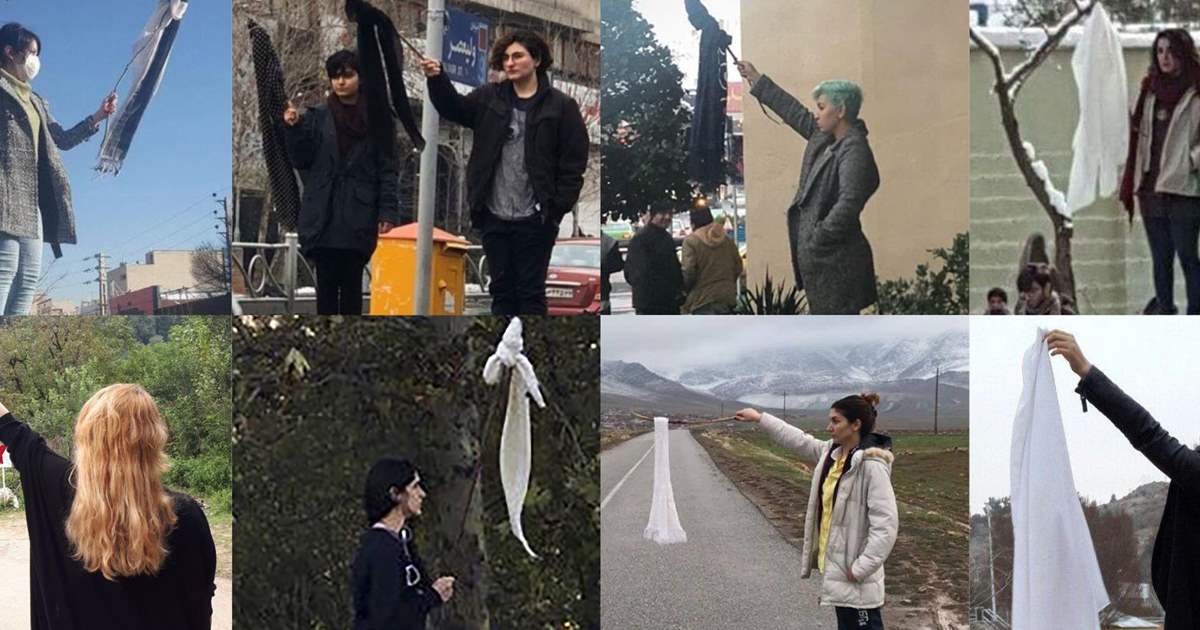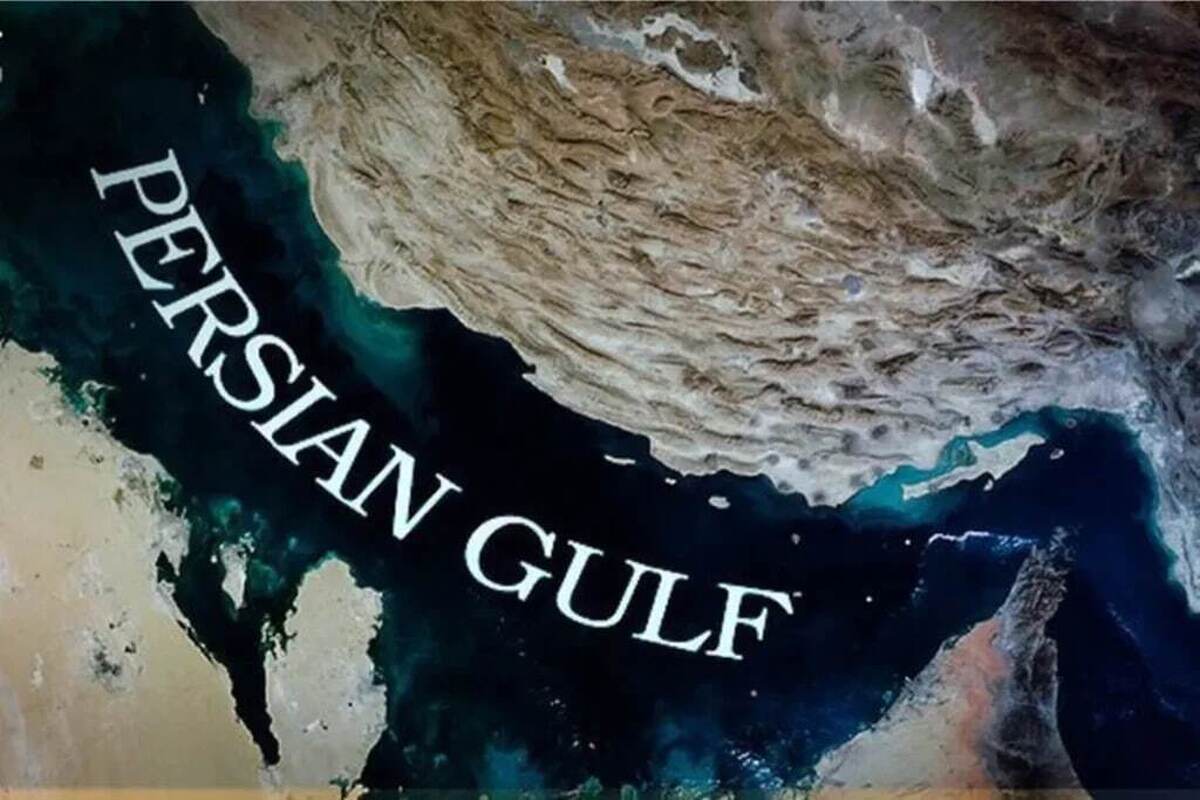
Iran: Cruel campaign to extract propaganda ‘confessions’ from protesters against compulsory veiling
Iran’s authorities are using incommunicado detention, prolonged solitary confinement and threats against family members in order to extract forced video “confessions” from women’s rights defenders detained for campaigning against the country’s discriminatory forced veiling (hijab) laws, said Amnesty International.
The organization has identified a pattern of at least six such cases since April 2019. In one of them, a young women’s rights defender has been subjected to enforced disappearance defender from 2 to 13 July.
“Threatened by the momentum behind a growing women’s rights movement against Iran’s forced veiling laws, the Iranian authorities are employing crude tactics to discredit activists campaigning against forced veiling, dissuade others from joining the movement and instil fear in society,” said Philip Luther, Research and Advocacy Director for the Middle East and North Africa at Amnesty International.
“These women should not even be detained in the first place. It is outrageous that they are now being tortured or otherwise ill-treated to compel their participation in state propaganda videos in which they ‘confess’ their ‘guilt’ and renounce the anti-forced veiling campaign. The authorities should release them immediately and unconditionally, drop all the charges against them and refrain from broadcasting their forced ‘confessions’ on state media outlets.”
Intelligence and security officials orchestrating the production of the propaganda videos are ordering the women’s rights defenders to retract their opposition to forced veiling, denounce the White Wednesdays campaign against compulsory veiling laws and express “regret” for allowing themselves to be “incited” by “anti-revolutionary opposition agents” outside the country.
The most recent case documented is that of women’s rights defender Saba Kordafshari, aged 22, who was arrested on 1 June. According to her mother, Raheleh Ahmadi, following her arrest, Saba Kordafshari was held in prolonged solitary confinement for 11 days in Vozara detention centre in Tehran until 11 June when she was transferred to Shahr-e Ray prison. During her time in solitary confinement she was put under constant pressure to appear before a camera and denounce the White Wednesdays campaign. The interrogators conditioned her release on giving forced “confessions” and threatened to arrest her mother if she did not “co-operate”. On 10 July, the authorities carried out their threat and arrested Raheleh Ahmadi.
On 2 July, the authorities transferred Saba Kordafshari to another location and concealed her fate and whereabouts from her family until they returned her to Shahr-e Rey prison on 13 July, so subjecting her to enforced disappearance for 12 days. She subsequently informed her family that she had been held in section 2-A of Evin prison, which is under the control of the Revolutionary Guards, and put under renewed pressure to give forced “confessions”.
In another case, women’s rights defender Yasaman Aryani, aged 24, was arrested by security forces on 10 April at her home in Tehran. Her mother, Monireh Arabshahi, was arrested the next day after enquiring about her daughter’s whereabouts at the Vozara detention centre in Tehran.
Amnesty International has since learned that, while held in solitary confinement for nine days, members of the security forces threatened Yasaman Aryani with, among other things, the arrest of her younger sibling and father unless she appeared before a camera expressing “repentance” for sending videos to the White Wednesdays campaign. She was also taunted with claims that her case had been forgotten by the outside world.
On 18 April, Yasaman Aryani and Monireh Arabshahi were removed from the Vozara detention centre, put into a van and driven to an unidentified location in Tehran, without being given an explanation. As soon as they were taken out of the van, they were confronted with camera crews from the Islamic Republic of Iran Broadcasting (IRIB) corporation, who filmed them without their consent. They were then taken to a room to be “interviewed” by the IRIB and, when they objected, were told that they had no choice but to answer the questions.
In March 2019, the authorities also summoned Zarrin Badpa, the elderly mother of Masih Alinejad, a US-based Iranian journalist and founder of the White Wednesdays campaign, for interrogation. She was questioned for two hours about her daughter’s activities while being filmed. Amnesty International is concerned that the authorities may feature statements she gave under duress in future propaganda videos, given their long-standing record of engaging in such abusive practices.
“The Iranian authorities should be under no illusion that the coercive and cruel nature of the video ‘confessions’ extracted from women’s rights defenders and their families will go unnoticed. Any state-controlled bodies involved in the production and broadcasting of these ‘confession’ videos share responsibility for the human rights violations committed against the women and their families,” said Philip Luther.
“By resorting to crude propaganda tactics, the authorities cannot mask the truth that women in Iran are increasingly standing up for their right to choose whether or not to wear a headscarf in public. They must stop treating women’s rights defenders like criminals and abolish forced veiling laws.”
Background
The White Wednesdays campaign is a popular online platform on which women from inside Iran share videos of themselves walking in public without a headscarf and expressing opposition to forced veiling and discussing their hopes for women’s rights.
Amnesty International is aware of at least eight women currently in detention for their activism against forced veiling and the White Wednesdays campaign: Yasaman Aryani and her mother, Monireh Arabshahi; Saba Kordafshari and her mother, Raheleh Ahmadi; Mojgan Keshavarz; Fereshteh Didani; and two other women whose names are not yet known to Amnesty International. They are facing charges including “inciting and facilitating corruption and prostitution”, “spreading propaganda against the system” and “gathering and colluding to commit crimes against national security”.
Under Iran’s compulsory veiling laws, the punishment for women seen in public without a headscarf includes arrest, a prison sentence, flogging or a fine. Forced veiling laws violate a whole host of rights, including the rights to equality, privacy and freedom of expression and belief. The practice of compulsory veiling also degrades women and girls, stripping them of their dignity and self-worth.



